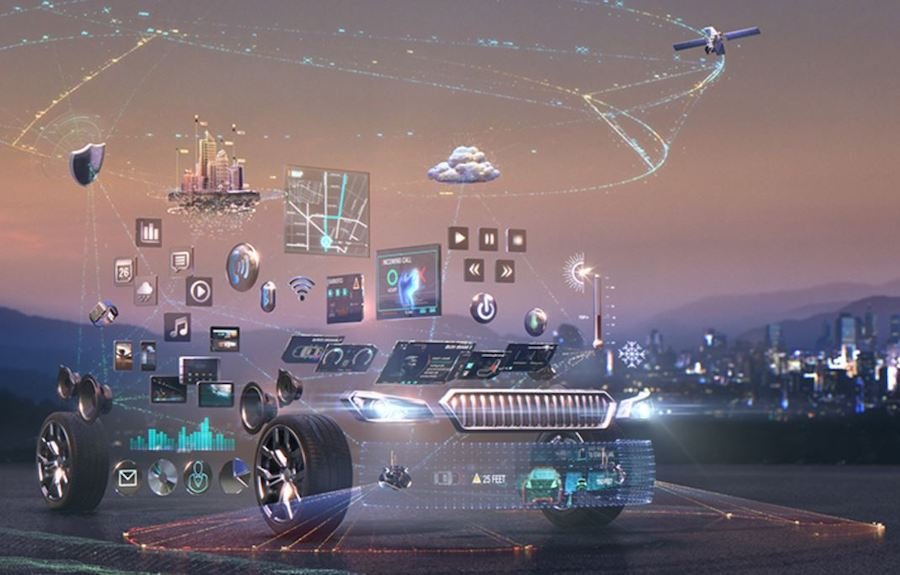5G could make your mechanic's life easier by teaching your car to diagnose itself

In the automotive world, low-latency 5G is often trumpeted as a way to put more safety and entertainment features into the car. Samsung-owned Harman is one of the companies working on bringing the next-generation mobile broadband to your commute, and it has identified other potential uses for it, including teaching your car how to diagnose its own problems and instructing it to warn its owner if it detects an issue.
"5G can improve vehicle analytics. The car will be able to listen to wave forms or vibrations that can be analyzed on-board and uploaded to cloud-based systems," Roger Jollis, Harman's director of product management, told Autoblog. He added the technology can warn a motorist or a fleet operator when a part is about to fail, which would save time and money. It can even make an appointment with a dealer to get the problem fixed.
Humans already do this. When your engine sounds like it's about to leap out of the car, you think "that's not good," pull over, and pop the hood. And, this technology is commonly used in the aerospace sector (notably in the helicopter world), so it's not 100% new, but 5G would play a key role in automatizing it and allowing the car to communicate with a repair center in real-time by letting it send a vast amount of data in a matter of seconds.
Bringing this technology to production would require putting together a library of what common failures (like a wheel bearing, for example) sound like. Engineers would also need to strategically place sensors around the car so they can monitor what noise the timing belt makes without interference from the stereo. None of these obstacles are insurmountable; what remains to be seen is whether there is a demand for this feature.
Jollis stressed making vehicle diagnosis more accurate is merely a potential use case his team identified for in-car 5G, and Harman is not actively working on bringing it to production. It has other priorities, like helping BMW launch its first 5G-compatible car (the production version of the electric iNext SUV) before the end of 2021. Samsung announced its partnership with the Munich-based company at CES 2020. Details about what they plan to achieve remain vague, but they hinted at zero-delay streaming which opens the door to in-car gaming (including virtual reality-based experiences) and movie streaming at resolutions up to 4K. The partners also cited the ability to download high-resolution maps and to unlock vehicle-to-everything (V2X) technology as advantages.
Nouvelles connexes


